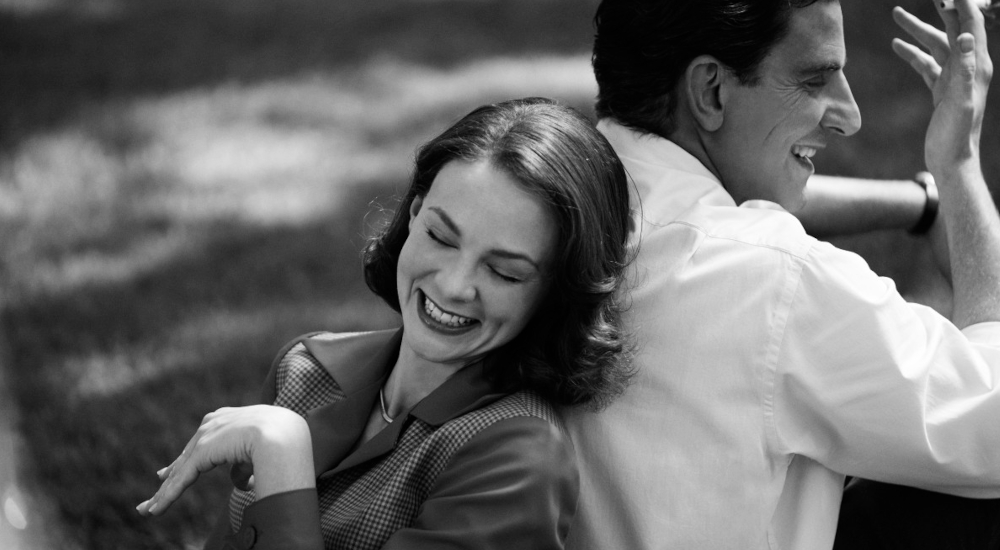On a scene-to-scene basis, few movies this year come close to matching Maestro for cinematic wonder. But as a wholly cohesive artistic statement, it's not quite there.
For better or worse, director and star Bradley Cooper eschews the biopic template. Its first hour or so - shot in black-and-white in the Academy ratio - follows Leonard Bernstein's rise to fame and courtship of actress Felicia Montealegre (Carey Mulligan). There are musical numbers that start as performance, but eventually engulf the couple. And there are moments of physics-defying exuberance, captured in overhead shots, that are simply magical. It's some of the most beautiful and romantic filmmaking I've seen in some time.
Contrast that with the second half. Now in color, Cooper focuses on the decline of their marriage. The cheerfulness of the early years has turned icy. While Lenny has become the toast of the arts world, Felicia's star has dimmed. It would be a fair trade - in her mind at least - if it didn't bring out an arrogance in him, openly cheating on her and neglecting the kids. There's a darkly funny scene where the two lash out at each other profanely while the Macy's Thanksgiving Day Parade carries on outside their window. It's a tremendous showcase for their acting, and both will likely find themselves as Oscar nominees this year.
But while the performances - musical and otherwise - are top-notch, the script falls a little short. I felt that by the end I didn't know much more about Bernstein than I did before. Yes, he had an incredible talent and smoked too much, drank too much and cheated too much. But I never got a sense of whether this larger-than-life character was a real person. We get glimpses of it in some touching scenes when Felicia is sick with breast cancer. But his real humanity feels underexplored.
Maestro contains some of the year's best cinematography, sound, makeup and editing. They don't quite make it the film it could be, but it's still dazzling.

